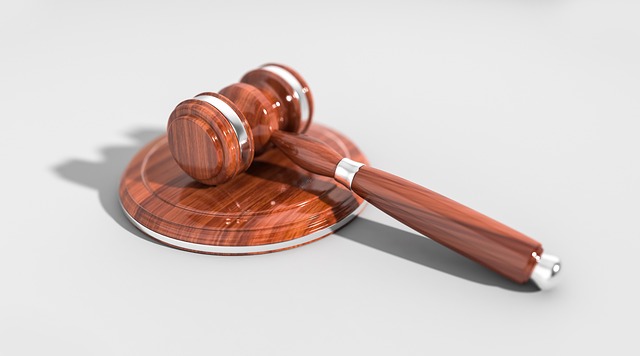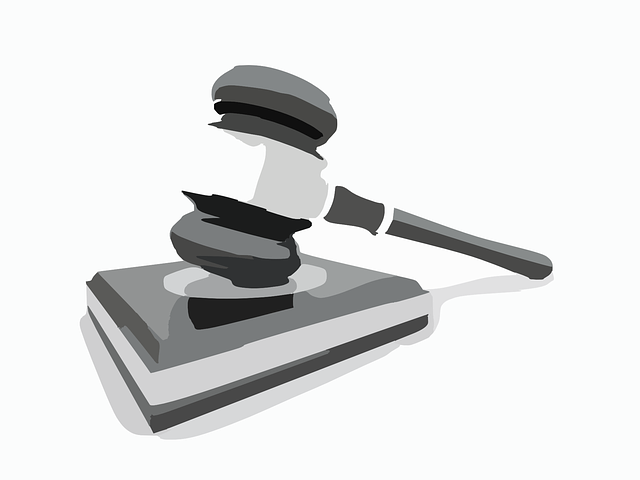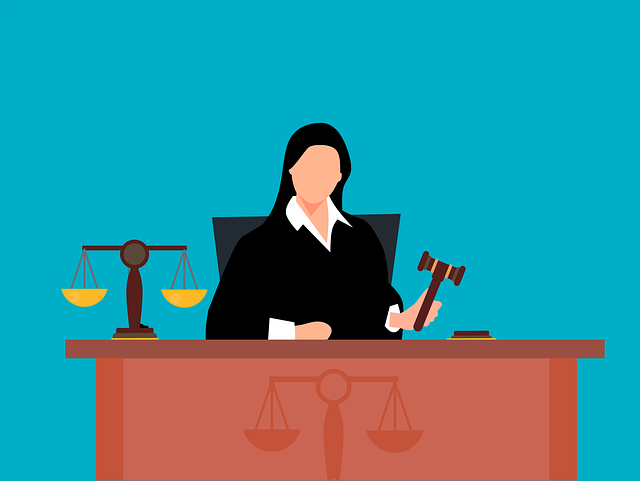When evaluating a slip and fall settlement, especially when emotional distress is claimed, jurors and settlers must consider invisible yet significant emotional damages like anxiety, depression, and post-traumatic stress disorder (PTSD), which can greatly affect quality of life. To ensure a holistic assessment, medical professionals and mental health experts should provide evidence validating the extent of emotional distress caused by the incident, reflecting the interplay between physical harm and mental anguish in slip and fall cases.
Emotional damages in a slip and fall case are often overlooked, yet they can be as devastating as physical injuries. This comprehensive guide explores how emotional distress impacts settlement negotiations and jury decisions in slip and fall cases. We delve into understanding the scope of emotional damages beyond physical injuries, assessing their impact, and strategic approaches to prove and negotiate these claims effectively. By equipping you with insights into slip and fall settlements, this article aims to ensure a fair and just outcome for all parties involved.
- Understanding Emotional Damages: Beyond Physical Injuries in Slip and Fall Cases
- Assessing the Impact: How Jurors and Settlers View Emotional Distress Claims
- Strategies for Proving and Negotiating Emotional Damages in Slip and Fall Settlement Talks
Understanding Emotional Damages: Beyond Physical Injuries in Slip and Fall Cases

In slip and fall settlement cases, emotional damages go beyond physical injuries. When a person experiences a fall due to someone else’s negligence, it can lead to significant psychological impacts. These may include anxiety, depression, fear of falling again, and reduced quality of life. Emotional distress is often just as debilitating and can have long-lasting effects on an individual’s mental well-being. Understanding these emotional damages is crucial in determining the compensation a victim may receive.
A competent personal injury lawyer or slip and fall settlement expert will consider these psychological impacts when advocating for their client. They understand that a breach of fiduciary duty by another party can lead to not only physical harm but also severe emotional turmoil. This knowledge helps in navigating the complexities of such cases, ensuring victims receive fair compensation for both physical and mental injuries sustained in the accident.
Assessing the Impact: How Jurors and Settlers View Emotional Distress Claims

When evaluating a slip and fall settlement, especially when emotional distress is claimed, both jurors and settlers must consider more than just physical injuries. Emotional damage, while often invisible, can be profound and long-lasting. This includes anxiety, depression, and post-traumatic stress disorder, which may not surface immediately but can significantly impact an individual’s quality of life.
Jurors and settlers alike need to recognize that these claims are not merely about monetary compensation for pain and suffering. They reflect the complex interplay between physical harm and mental anguish, where a car accident attorney or truck accident lawyer might argue for a settlement that reflects the holistic impact on the victim’s well-being. This involves presenting evidence from medical professionals and mental health experts to assess and validate the extent of emotional distress caused by the slip and fall incident.
Strategies for Proving and Negotiating Emotional Damages in Slip and Fall Settlement Talks

When negotiating a slip and fall settlement, proving emotional damages can be a strategic move to ensure full compensation for the victim’s experiences. This involves presenting a compelling case that outlines how the incident has impacted their mental state, often requiring medical records and expert testimony to quantify these effects. A car accident attorney specializing in personal injury cases can guide victims through this process, helping them document symptoms like anxiety, depression, or post-traumatic stress disorder (PTSD) that may arise from such accidents.
During settlement talks, it’s crucial to discuss the wide range of damages suffered beyond physical injuries, including psychological trauma. This might involve detailing the emotional distress experienced during and after the incident, as well as any changes in daily routines or social interactions caused by the accident. Understanding these impacts is key to negotiating a settlement that reflects the victim’s holistic experience, not just the visible auto accident injuries.
In slip and fall settlement cases, emotional damages play a significant role in compensating victims for their holistic harm. Beyond physical injuries, understanding and assessing emotional distress claims is crucial for reaching fair settlements. By employing strategies to prove and negotiate these damages effectively, legal professionals can ensure that clients receive just compensation for both visible and invisible injuries. This comprehensive approach recognizes the profound impact of such incidents on individuals’ lives, fostering a more balanced and equitable resolution in slip and fall settlement talks.






